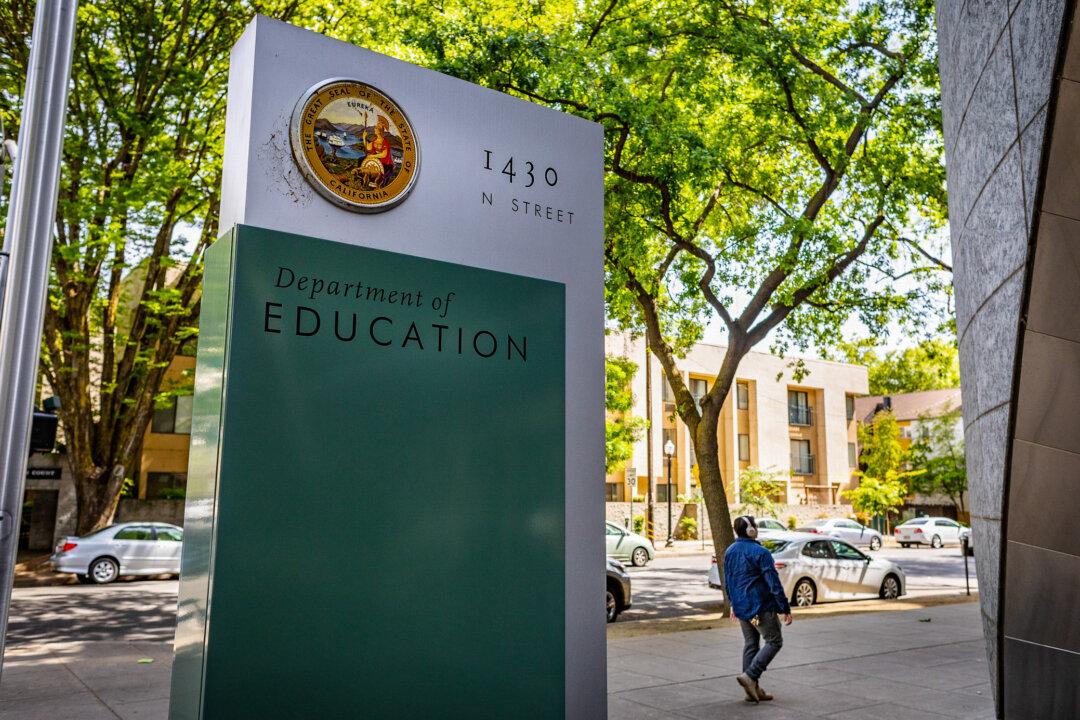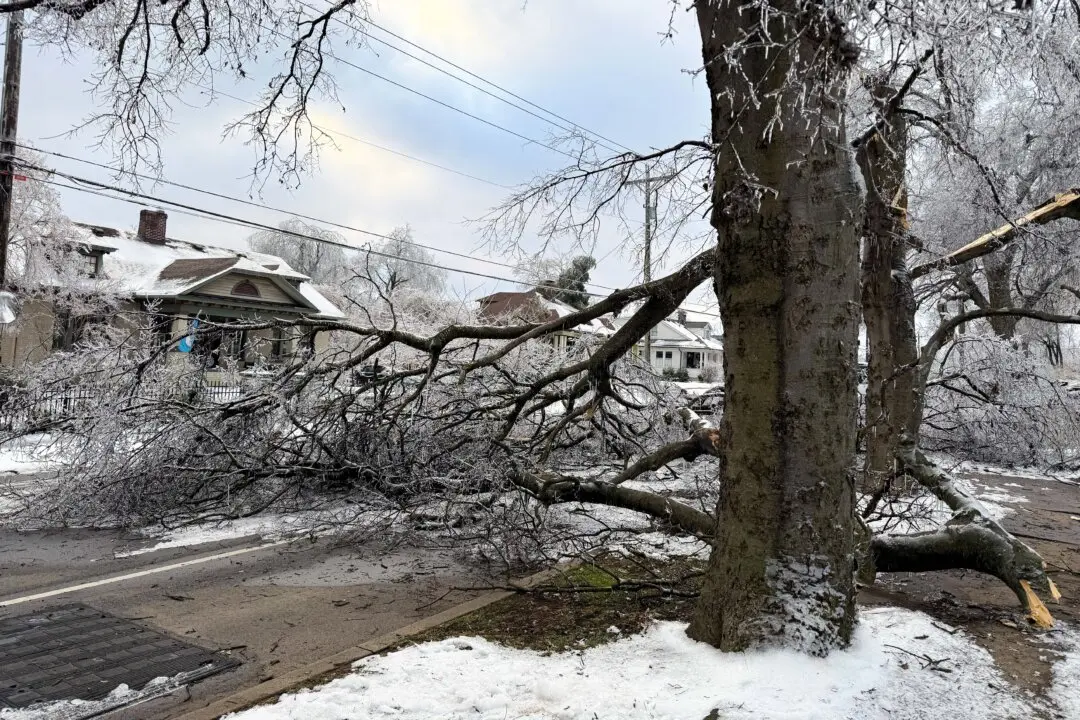California officials are pushing for school districts to convert available property into housing for teachers, school staff, and, in some cases, students.
State Superintendent of Public Instruction Tony Thurmond hosted a summit on Aug. 14 featuring state leaders to address what his office called the “critical need for affordable housing and workforce housing, and exploring strategies for accelerating access to homeownership for working and middle-class Californians,” according to a news release.





